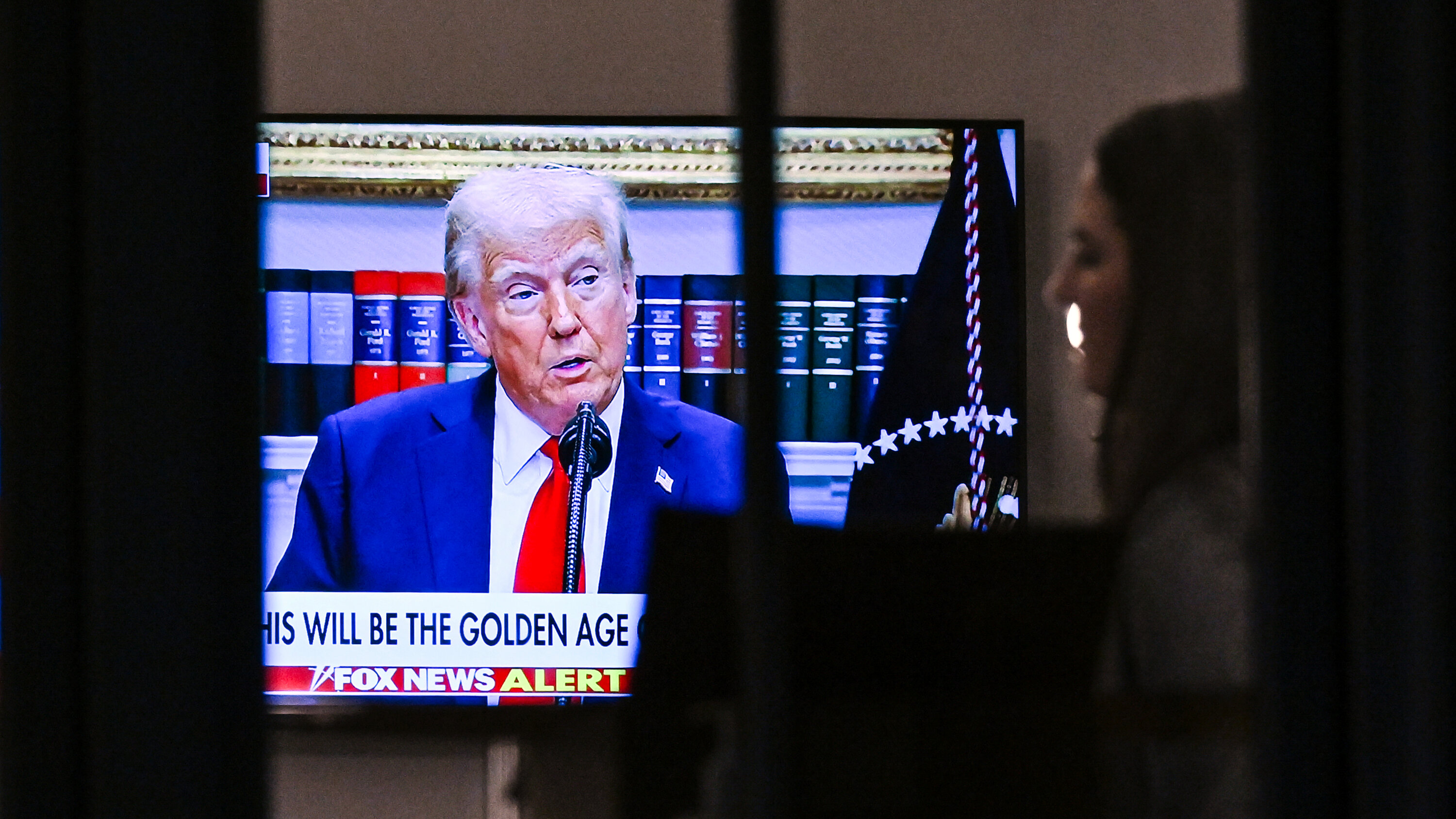Power Play: Unfolding Political Dramas of the Week

As the political landscape braces for potential shifts, President Trump's hypothetical second term looms with intriguing possibilities and uncertainties. The American political ecosystem stands on the precipice of transformation, with emerging dynamics that could reshape the nation's governance and ideological trajectory.
While the precise contours of these changes remain undefined, early indicators suggest a landscape marked by unprecedented recalibration. The potential second term promises to challenge existing political norms, potentially introducing novel approaches to policy-making, international relations, and domestic governance.
Key areas of potential transformation include judicial appointments, regulatory frameworks, and the delicate balance of power between federal and state governments. Each of these domains could experience significant realignment, reflecting the administration's evolving strategic vision.
The electorate watches with a mixture of anticipation and apprehension, understanding that a second presidential term often provides a more uninhibited platform for implementing long-term political strategies. The coming years could witness fundamental restructuring of political institutions and ideological paradigms.
As the nation stands at this critical juncture, one thing remains certain: the political landscape is poised for dynamic and potentially far-reaching changes that will resonate well beyond the immediate term of office.

